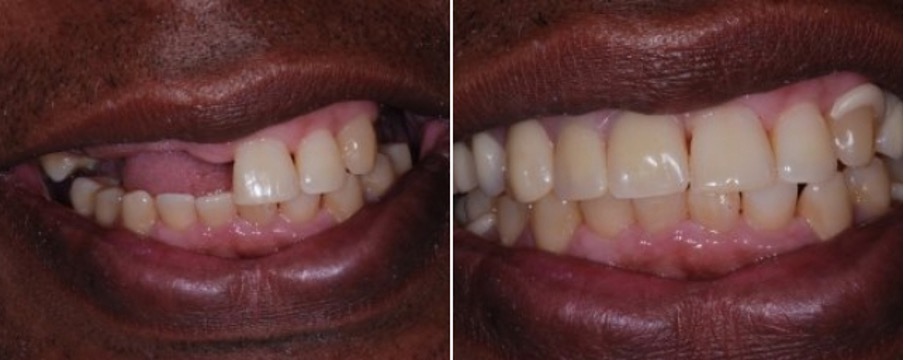Good dental hygiene is often overlooked, but neglecting your dental health can lead to serious health issues.
In this issue, we will discuss the consequences of poor dental care, which goes far beyond bad breath, gum disease and cavities. Here are five significant repercussions of dental neglect that can impact your overall well-being.
- Tooth Decay and Gum Disease
One of the most immediate consequences of neglecting dental care is tooth decay. Plaque, a sticky film of bacteria, constantly forms on teeth. Without regular brushing and flossing, plaque can destroy the surfaces of your teeth, leading to cavities. Cavities, if untreated, can progress to painful infections and even tooth loss. Alongside this, neglecting oral hygiene can result in gum disease. The initial stage, gingivitis, is characterized by red, swollen gums that bleed easily. If ignored, gingivitis can advance to periodontitis, a severe infection that damages the soft tissue and bone supporting the teeth. Periodontitis can lead to tooth loss and has been linked to other systemic health issues.
- Cardiovascular Problems
Poor dental health has been linked to cardiovascular diseases. The inflammation and infections caused by bacteria in the mouth can enter the bloodstream, contributing to the buildup of plaques in the arteries, known as atherosclerosis. This condition can increase the risk of heart attacks and strokes. Studies have shown that individuals with periodontal disease are more likely to suffer from heart-related problems. Hence, maintaining good oral hygiene is not just about preserving teeth, but also about protecting heart health.
- Diabetes Complications
Diabetes and dental health are closely interconnected. Individuals with diabetes are more susceptible to infections, including periodontal disease. Conversely, severe gum disease can make it more difficult to control blood sugar levels, exacerbating diabetes. Inflammation in the mouth can weaken the body’s ability to utilize insulin, leading to increased blood sugar levels. Managing dental health is crucial for diabetes management and overall health.
- Respiratory Infections
Bacteria from periodontal disease can travel from the mouth to the lungs, causing respiratory problems such as pneumonia, bronchitis, and chronic obstructive pulmonary disease (COPD). Inhaling these bacteria can lead to infections in the respiratory system, particularly in vulnerable individuals such as the elderly or those with preexisting health conditions. Regular dental check-ups and good oral hygiene practices can help prevent the spread of harmful bacteria to the lungs.
- Low Self-Esteem and Mental Health Concerns
Neglecting dental health can have significant psychological impacts. Bad breath, missing teeth, and visible decay can affect a person’s self-esteem and their social interactions. People may feel embarrassed or anxious about their appearance, leading to social withdrawal and depression. The pain and discomfort associated with dental problems can also contribute to chronic stress and mental health issues. Investing in oral health is crucial for maintaining a positive self-image and overall mental well-being.
The consequences of dental neglect are far-reaching and can affect various aspects of health and quality of life. Regular dental check-ups, proper brushing and flossing, and a healthy diet are essential for preventing these adverse outcomes. Prioritizing dental health is not just about a beautiful smile, but about fostering overall health and well-being.
Dr. Kendal V. O. Major is Founder and CEO of Center for Specialized Dentistry which is a comprehensive family dental practice operating in Nassau. He is the first Bahamian Specialist in gum diseases and dental implants since 1989. He also is a certified Fast braces provider, having attained the designation as Senior Mastership status. His practice is located at 89 Collins Avenue, Nassau at (242)325-5165 or [email protected].

Several missing teeth and collapsed bite vs Restorative and Partial Dentures

Severe neglect from cavities vs Cosmetic and Restorative Treatment





